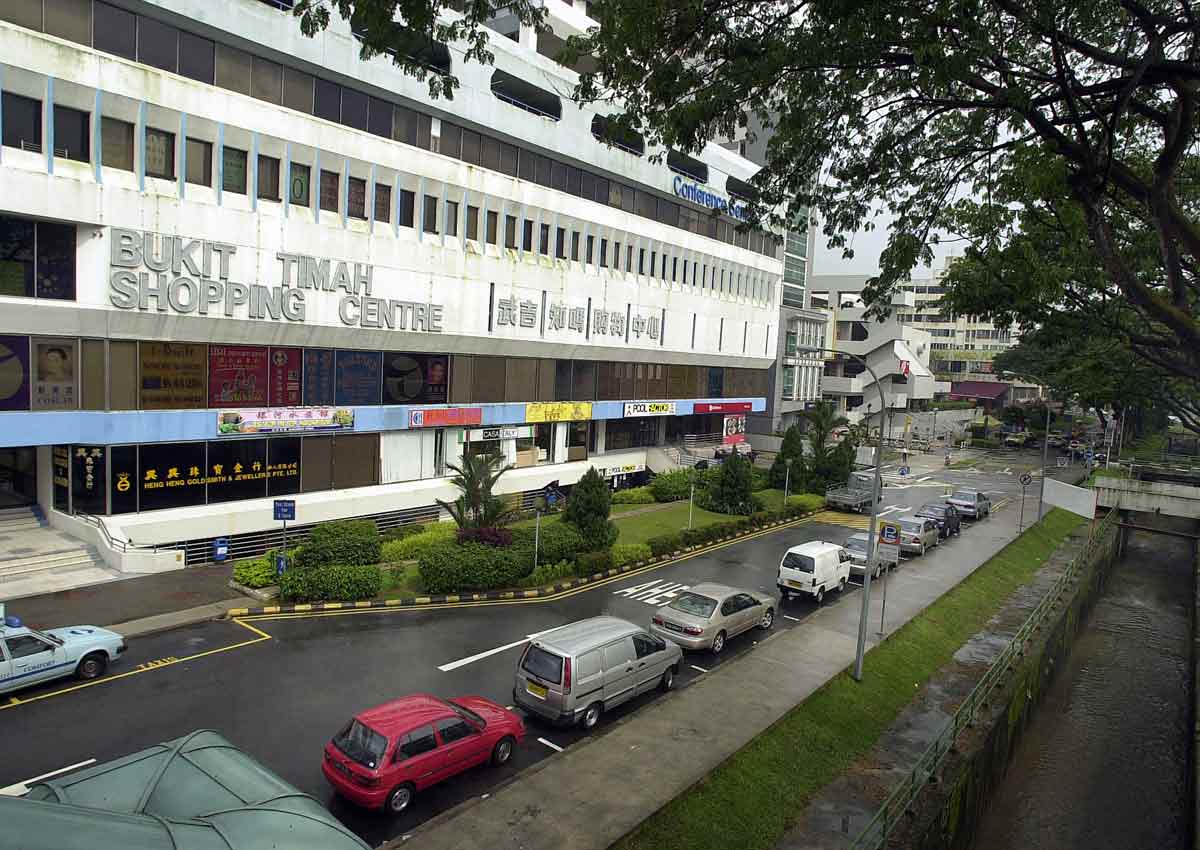SINGAPORE – The children of a Malaysian property tycoon are tussling in the High Court over four family-owned companies, one of which owns 32 units in Bukit Timah Shopping Centre valued at about $68 million.
Eight daughters of the late Mr Loong Yoke Phin, who collectively hold 49.84 per cent of the shares in the four companies, have sued their only brother and his four sons, as well as another sister, for minority oppression.
The eight sisters, aged 64 to 54, are seeking to cash out their stake either by selling their shares to the defendants at a price to be determined by independent valuers or by winding up the companies.
Among other things, they allege that the majority camp – eldest brother Long Shin, 66, his four sons, and third sibling Sweet Ying – had excluded them from management of the companies and had denied them dividends from rental income of more than $5.4 million.
Sweet Ying died from cancer at the age of 62 on Jan 14 (16), a week after the lawsuit was filed. Her son has been named as a defendant in her place.
The defendants, represented by Senior Counsel Lok Vi Ming, contented that the suit amounts to an “abuse of process” as the family disputes have been resolved in a settlement agreement signed in June last year (15).
But the plaintiffs disagree.
Their lawyers from Lee Bon Leong & Co argue that the document was just an interim agreement and they still had the right to file proceedings if the parties failed to reach a final settlement.
A hearing to determine whether the 2015 agreement is legally binding started in the High Court on Tuesday (Nov 29).
The eight sisters have filed similar proceedings in Malaysia dealing with companies and properties there.
Their father willed his wife and son larger stakes in the companies compared to his daughters. The matriarch later gave her shares to her son before she died.
Each sister has 6.23 per cent, their brother holds 39 per cent and each of his sons holds 1.23 per cent.
The eight sisters claim that after the death of their father in 2008, with their majority control, their brother and third sister ran the companies to benefit themselves.
But the defendants say that the companies, while family-owned, were never meant to be family-run. When he was alive, the patriarch made all final decisions and made it clear to his children that there can be “only one tiger on any mountain”.
The patriarch had instructed his son to take charge after his death and told his daughters to support their brother. The defendants say the patriarch wanted his business to continue after his death and never intended his companies to be wound up.
The trial continues.
selinal@sph.com.sg

Get MyPaper for more stories.






